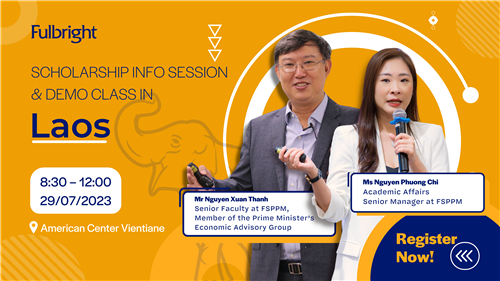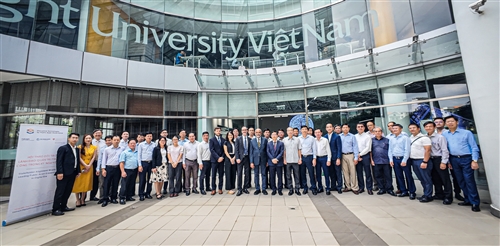Grateful, exciting and inspiring are the adjectives that both the organizers and participants from provinces and cities have for the Public Asset Governance Leadership Partnership Seminar in the Digital Era, co-organized by the Fulbright School of Public Policy and Management (FSPPM), the World Bank and the Swiss State Secretariat of Economic Affairs (SECO) on October 6 at Fulbright University Vietnam. This seminar is the first step in forming the Digital Government Academy, which provides training programs for state officials with practical knowledge to effectively solve the challenges of digital transformation, specifically in public asset governance.
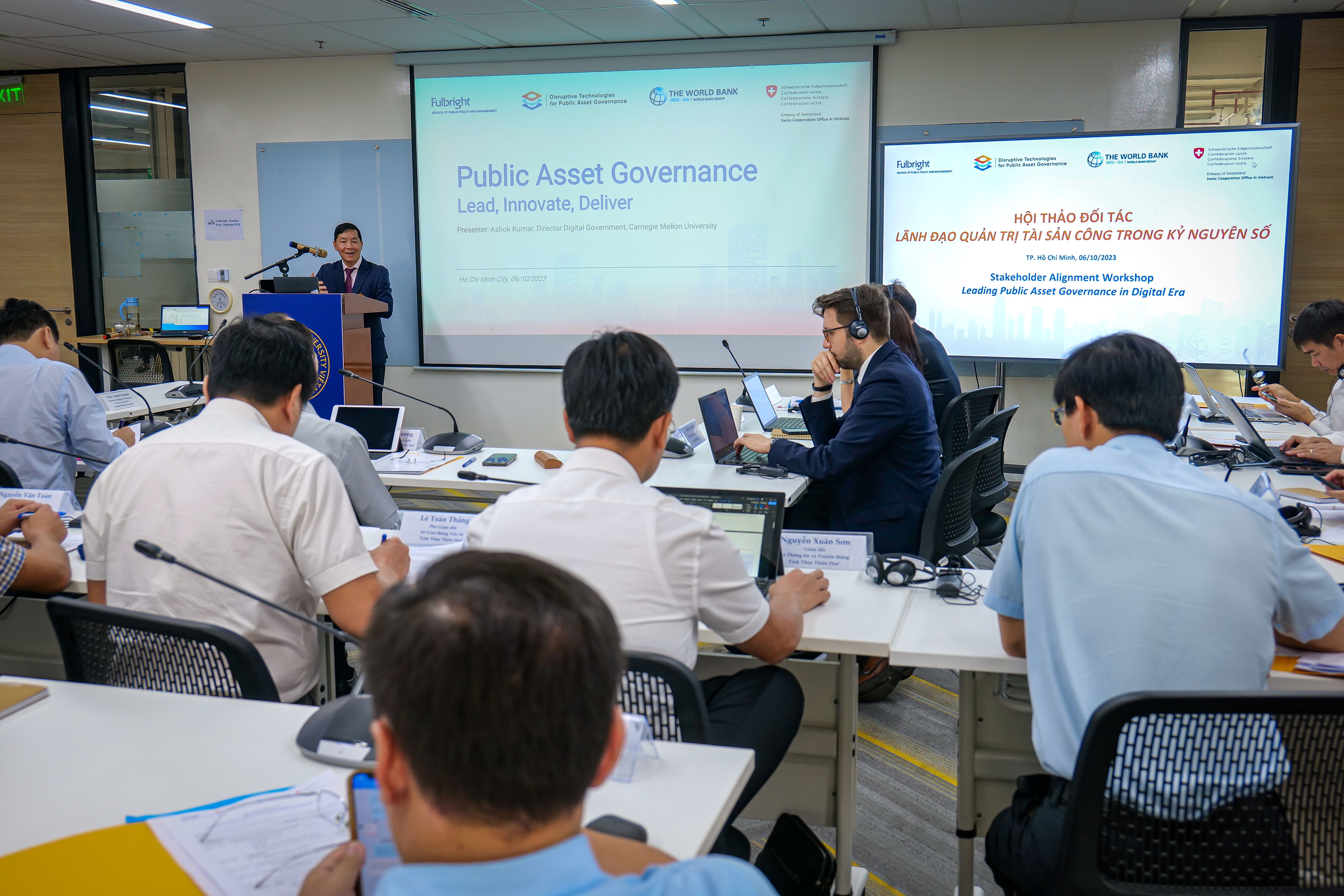
Dr. Vu Thanh Tu Anh, Director, School of Public Policy and Management gave the opening speech. Photo credited by FSPPM
Ms. Tran Thi Lan Huong, a Senior Public Governance Specialist, Head of the Disruptive Technologies for Public Assets Governance (DT4PAG), World Bank, in her speech gave the example of a tragic traffic accident in September when speeding behavior of a passenger-carrier bus driver had gone on unnoticed for a long time, until he caused a serious accident that killed many people.
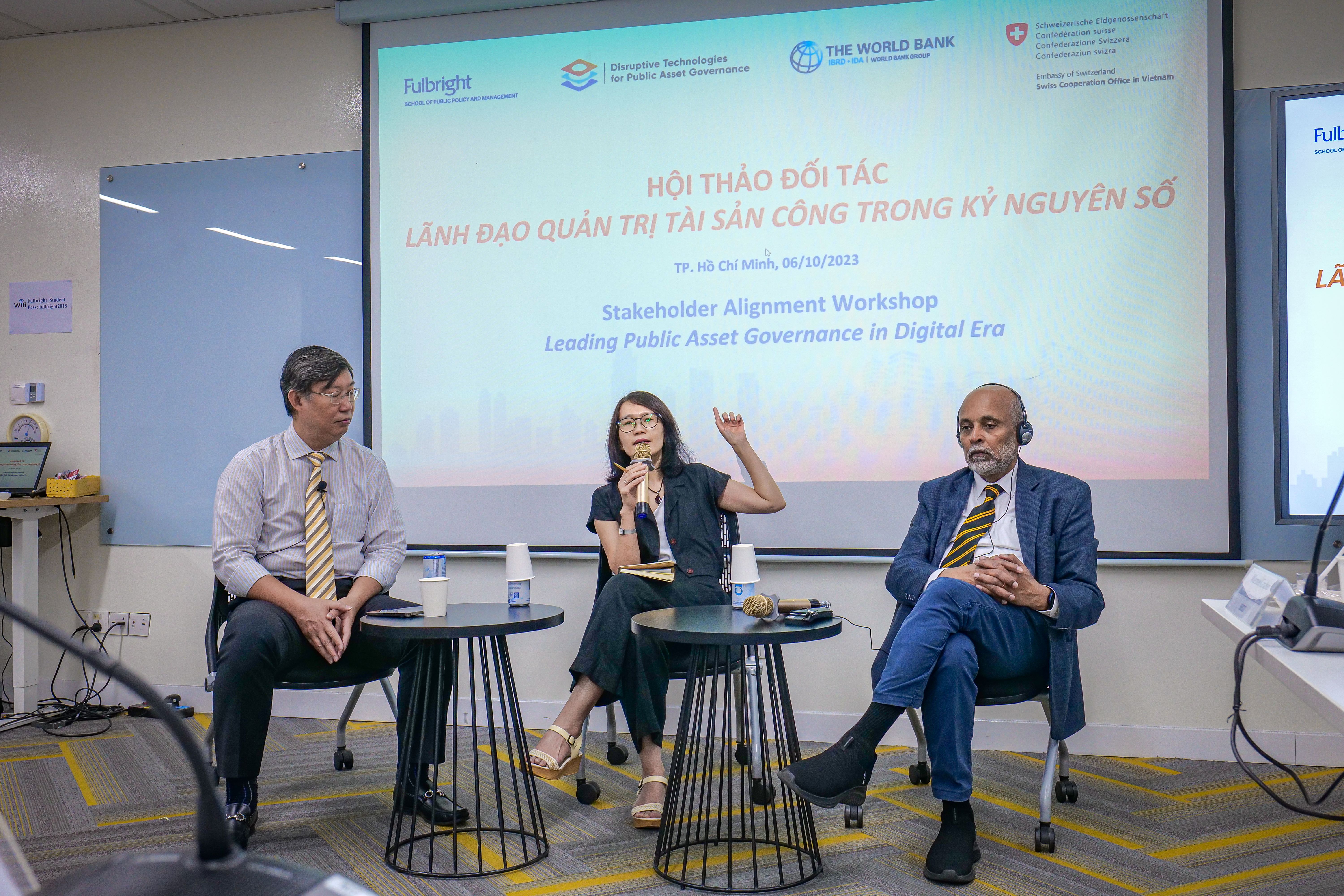
Ms. Tran Thi Lan Huong coordinated the open discussion session: Challenges of public asset governance in Vietnamese localities. Photo credited by FSPPM
Such data on vehicles repeatedly exceeding the speed limit are already available, so if localities, the Ministry of Transport or Department for Roads of Viet Nam had used it, such tragic accidents could have been prevented. She emphasized that the objective of the DG4PAG Program was to support localities in applying digital platforms and data to make data-based decisions. Basically, leaders will know what assets their locality has (infrastructure, transportation, urban areas, public housing, land, etc.), where these public assets are, how they are being used, what their value is, to make decisions to better serve the socio-economic development objectives of localities.
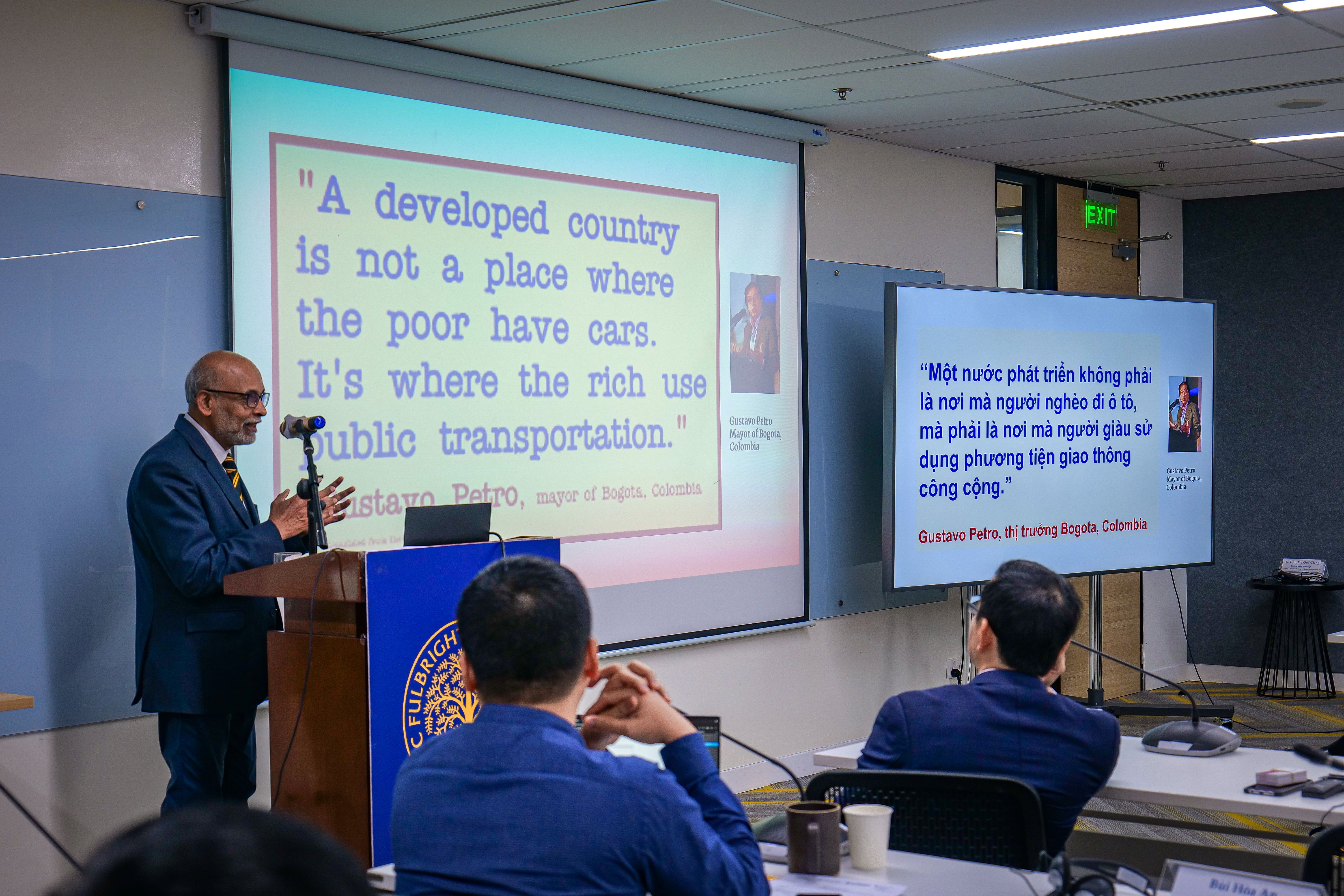
Professor Ashok Kumar presented a “Keynote speech” on the topic Public Asset Governance: Leading, Innovating, Implementing. Photo credited by FSPPM
In addition to the speeches of the experts, the presentation of Professor Ashok Kumar, Director of Digital Government and Executive Education at the School of Computer Science, Carnegie Mellon University, USA helped delegates have an overview - a reference framework from which to view digital transformation issues in the fields that each person was interested in. He spent time researching Vietnam and indicated an advantage of Vietnam in the 21st century that many countries were jealous of: a very positive population trend. However, the demand for this force is very high, and if the government does not focus on satisfying their demand such as a clean environment, and safe and reasonable transportation, economic development will be affected, because the talent will migrate, investment will decline. Therefore, managing and optimizing public assets become an urgent need, bringing attraction for talented people to develop in the country, leading to GDP growth. Thereby, he outlined three roles of leaders: The role of leading, pioneering - The role of adapting in a constantly changing world - The role of co-creation and cooperation.
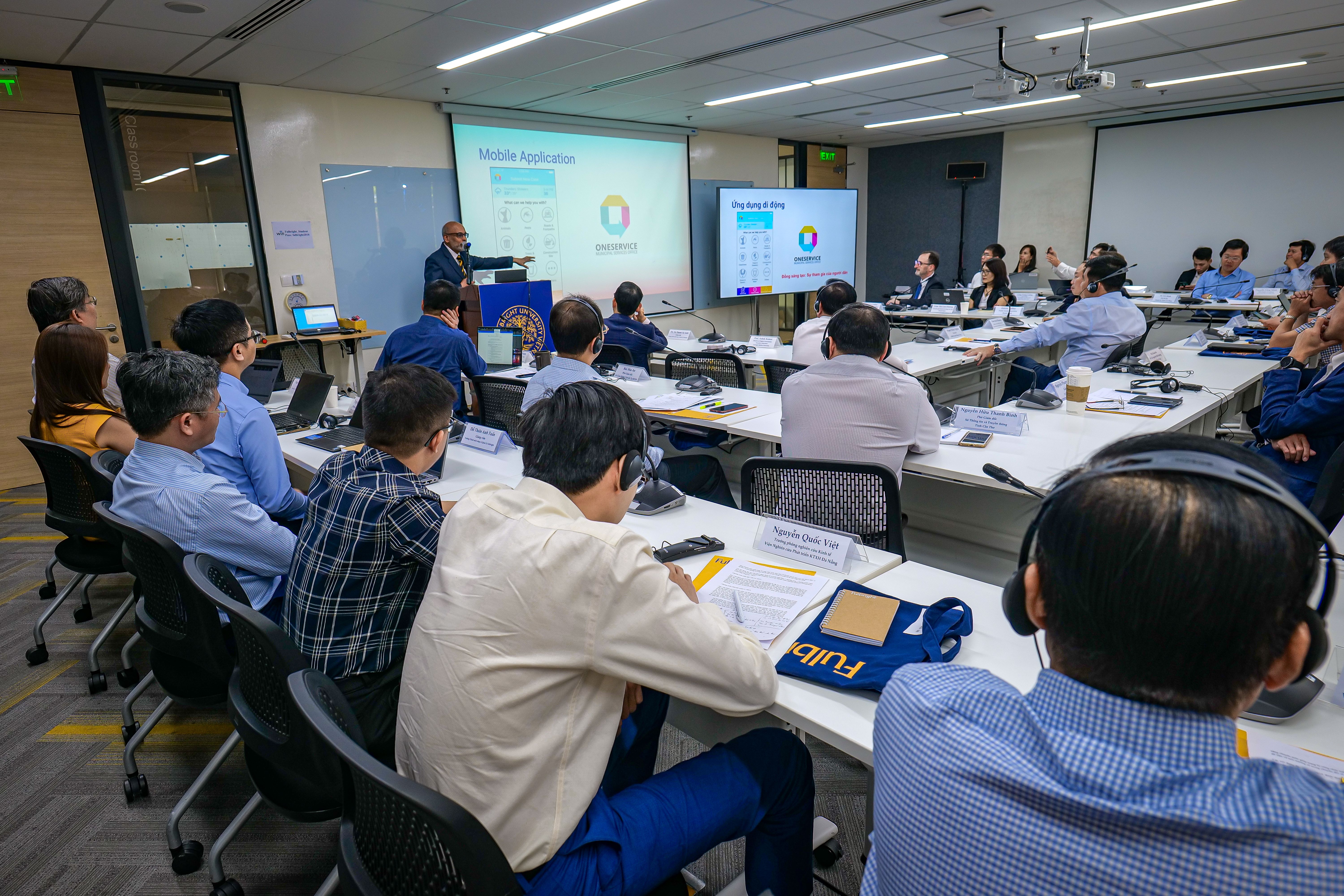
Professor Ashok Kumar Seetharaman presented a “Keynote speech” on the topic Public Asset Governance: Leading, Innovating, Implementing. Photo credited by FSPPM
An example that Professor Ashok Kumar gave was the success of the OneService mobile application in Singapore, a comprehensive platform that allowed citizens to respond and get city problems quickly resolved without having to find out which Government department or town council to contact. Thereby, Professor Ashok emphasized that people inherently had their own needs, and the government could only succeed when they worked together to provide public services to people seamlessly, quickly and promptly.
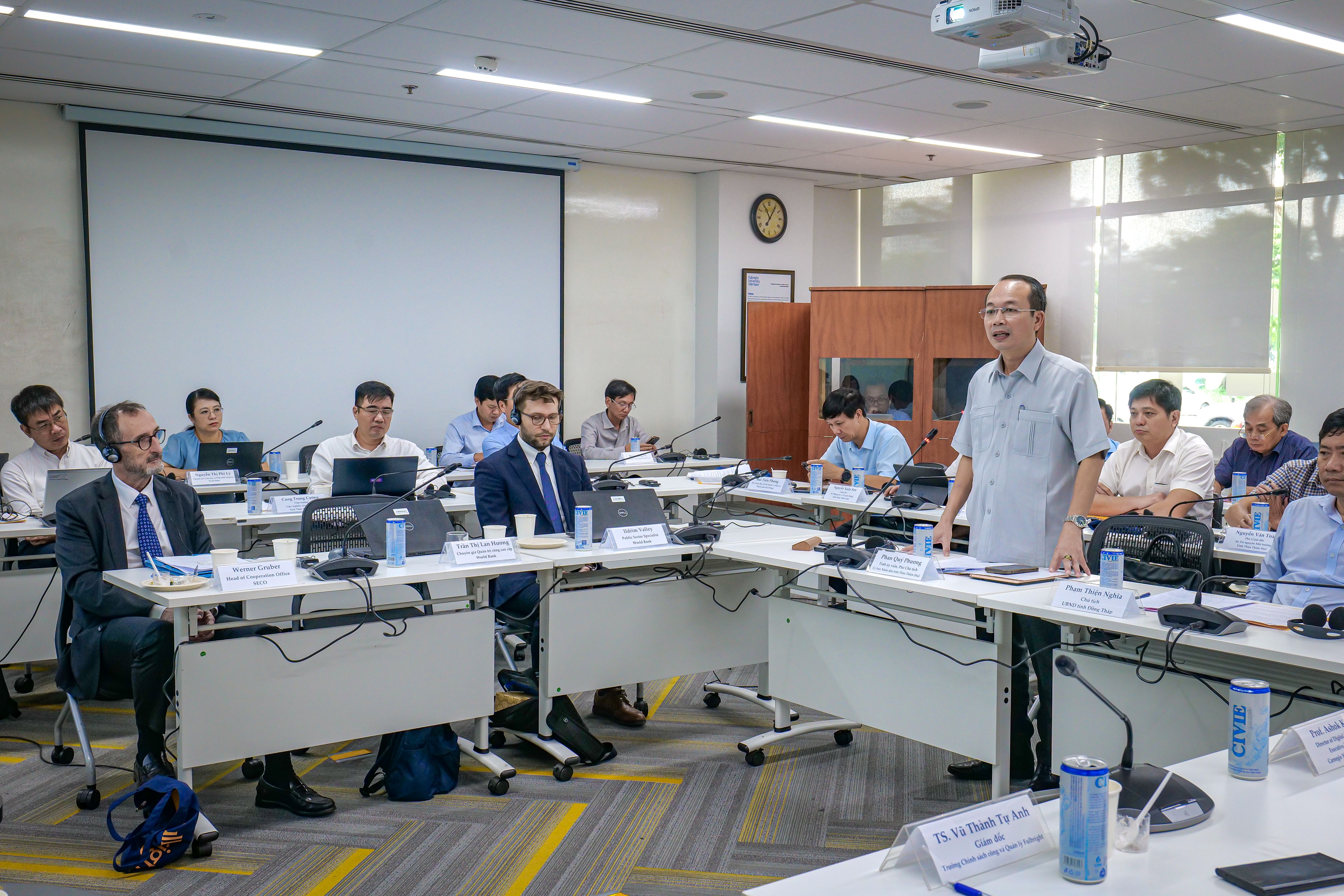 |
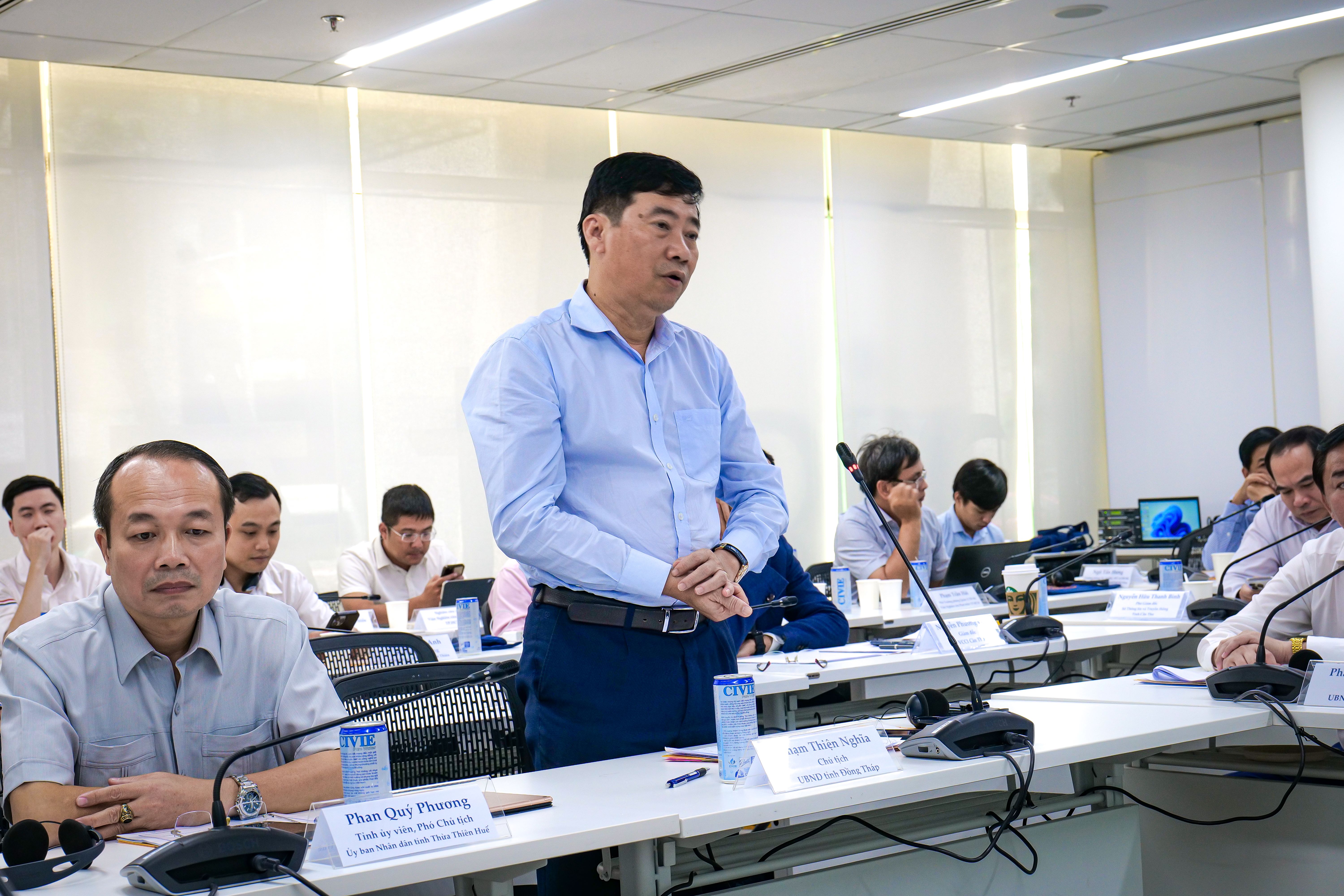 |
Delegate Phan Quy Phuong (left), Vice Chairman of Thua Thien Hue Provincial People's Committee and Delegate Pham Thien Nghia (right), Chairman of Dong Thap Provincial People's Committee shared challenges and achievements in local public asset governance. Photo credited by FSPPM
Participating in the open discussion session on Public Asset Governance Challenges in Vietnam's localities, leaders of two localities, Thua Thien Hue and Dong Thap, shared the issues their localities were facing, as well as digital transformation tools and data analysis tools that they were using to support and strengthen local development pillars, creating new development drivers for the locality.
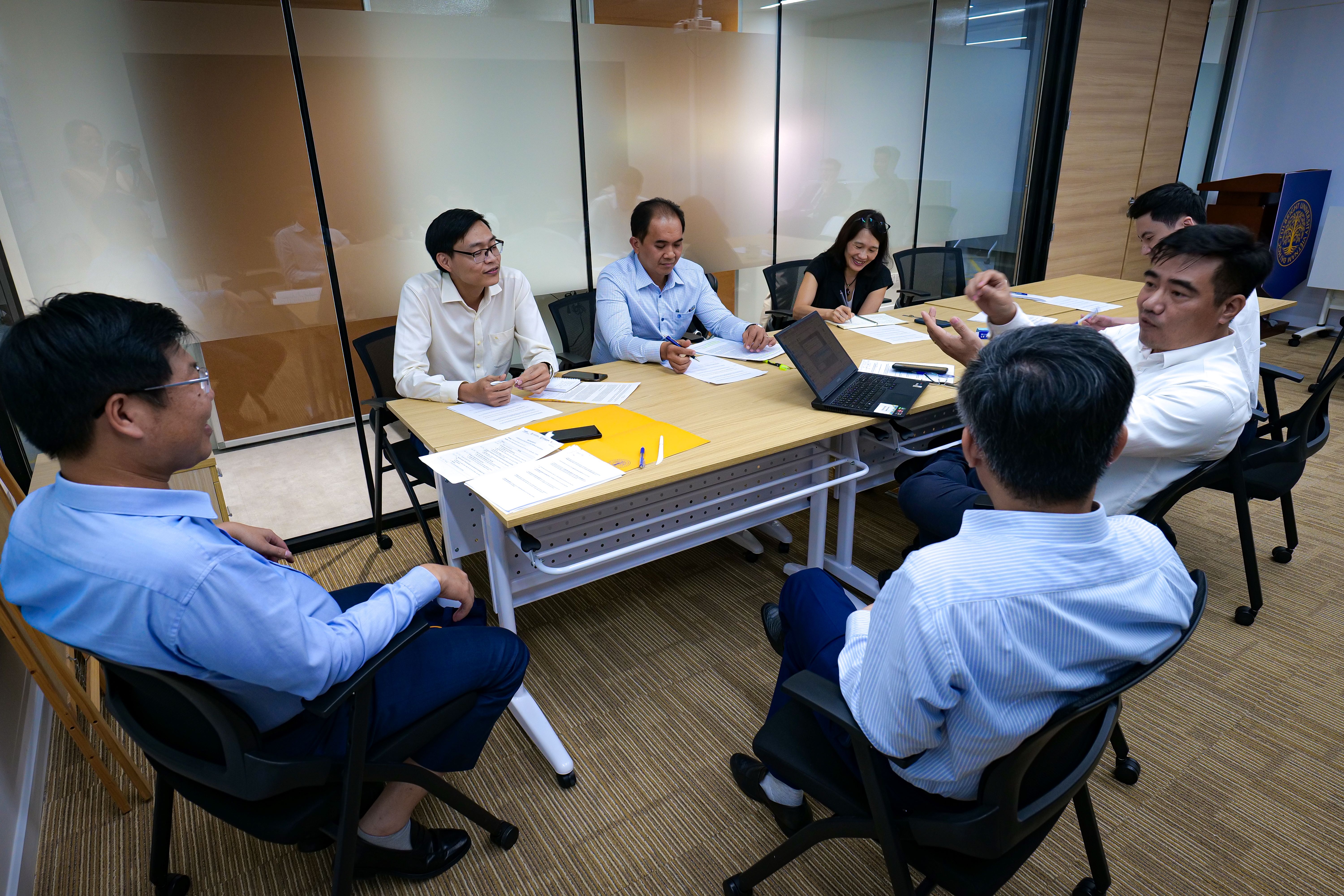 |
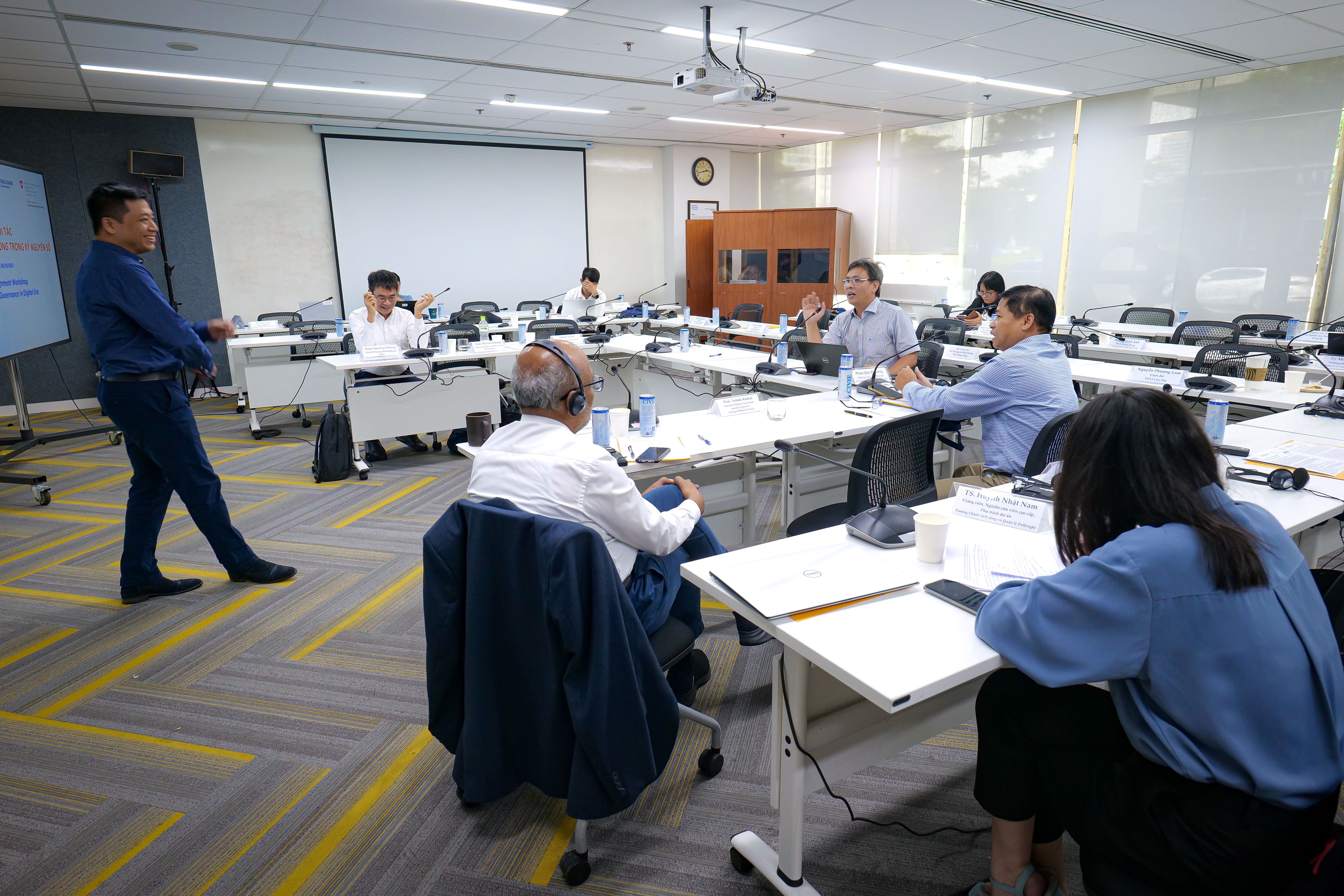 |
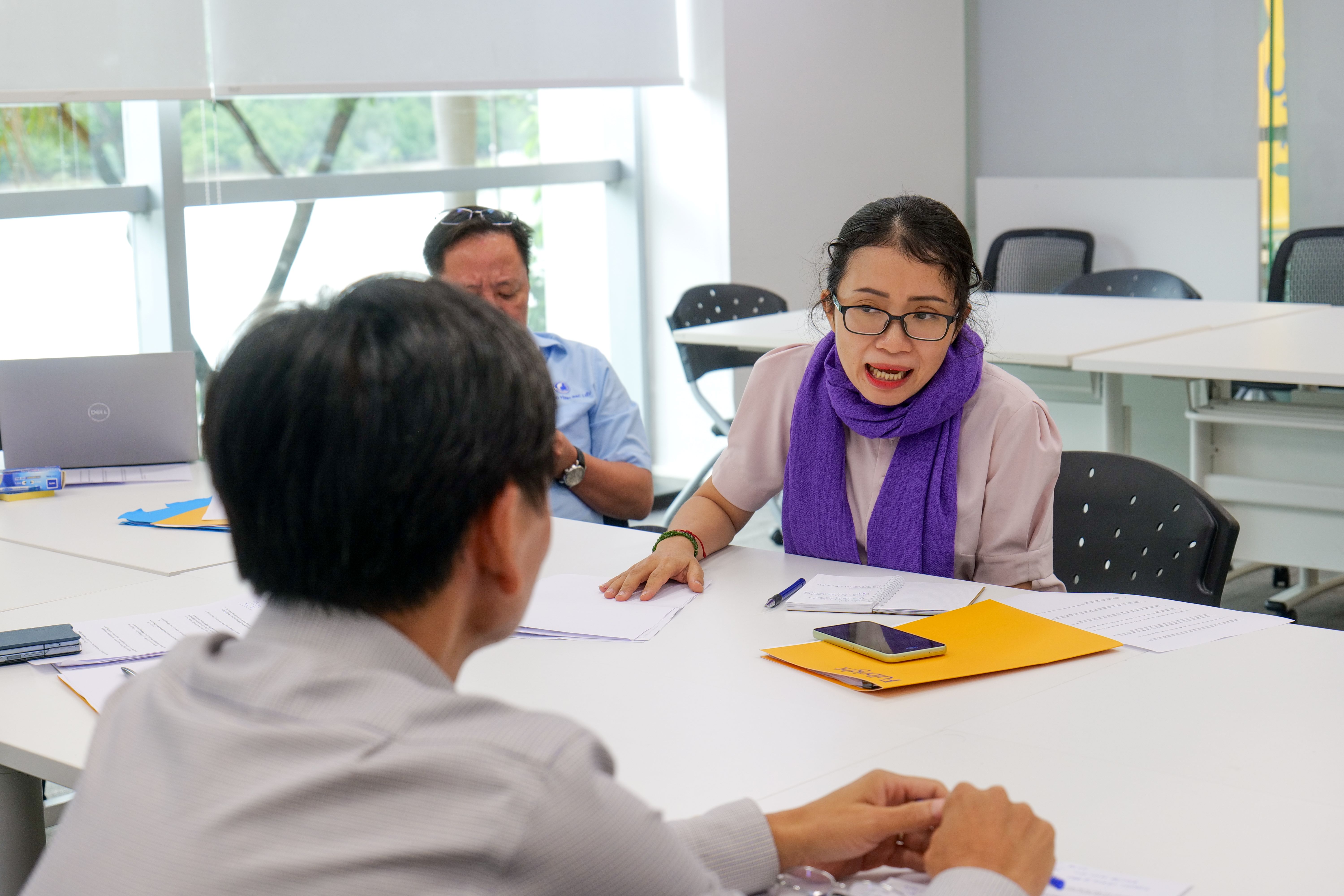 |
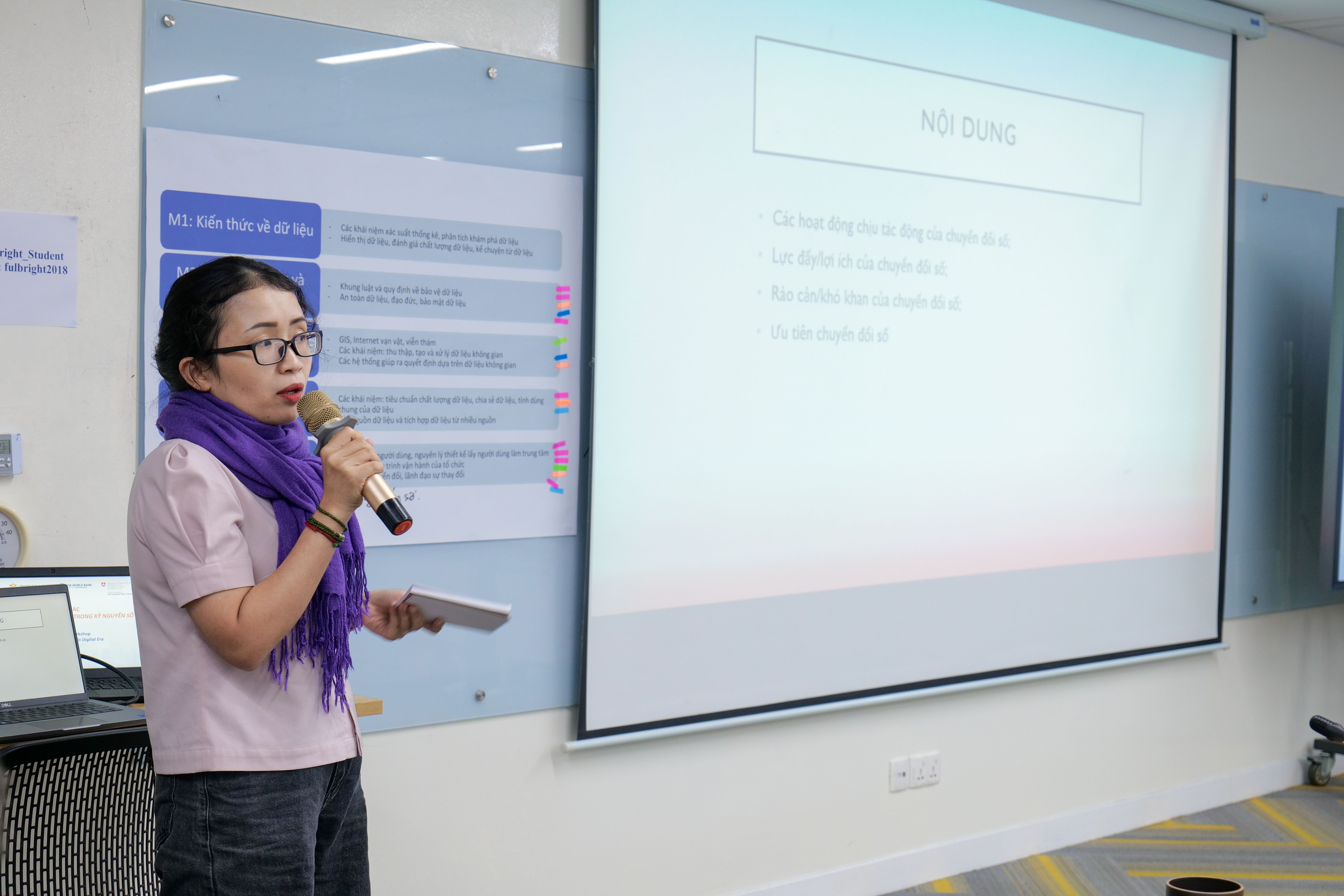 |
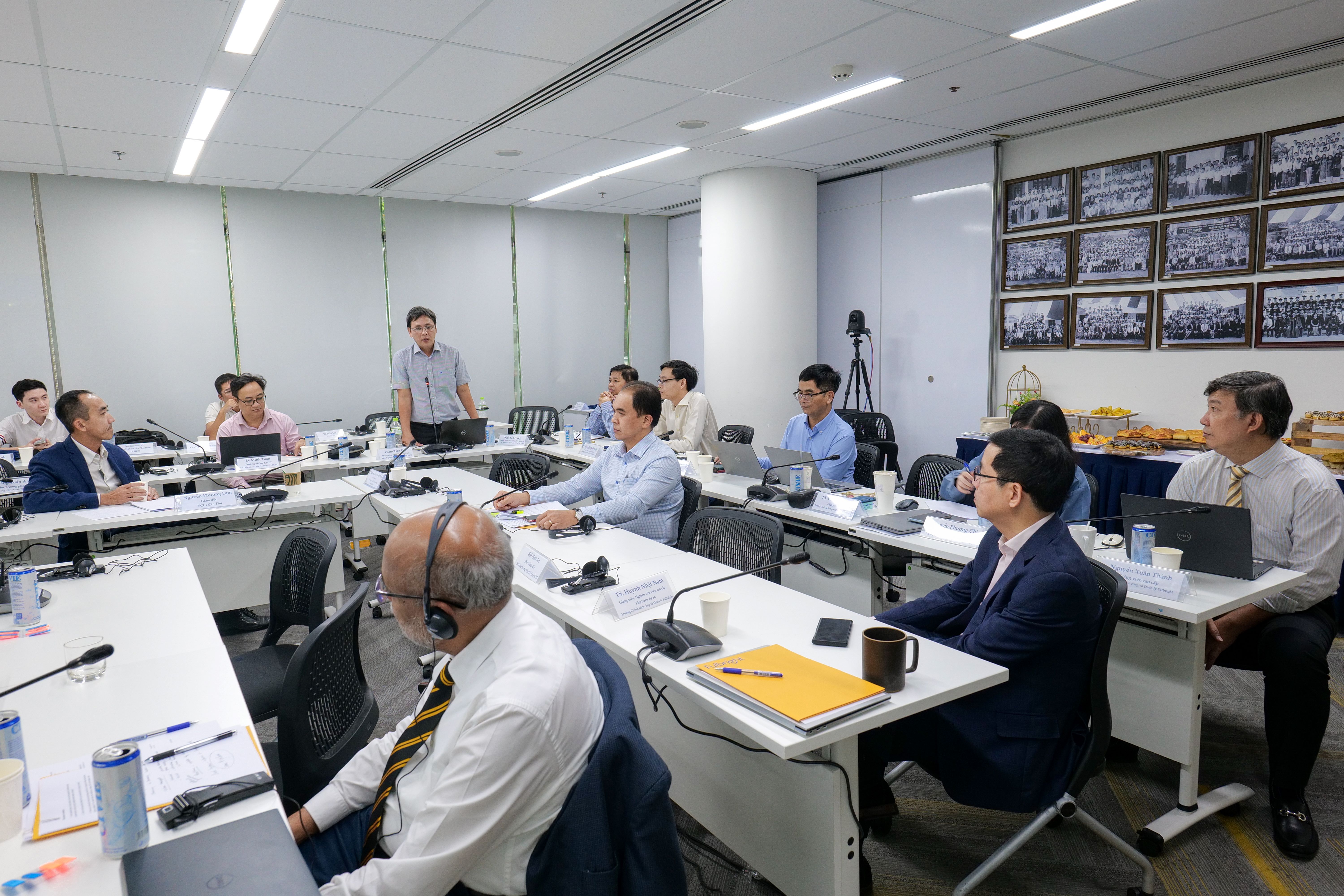 |
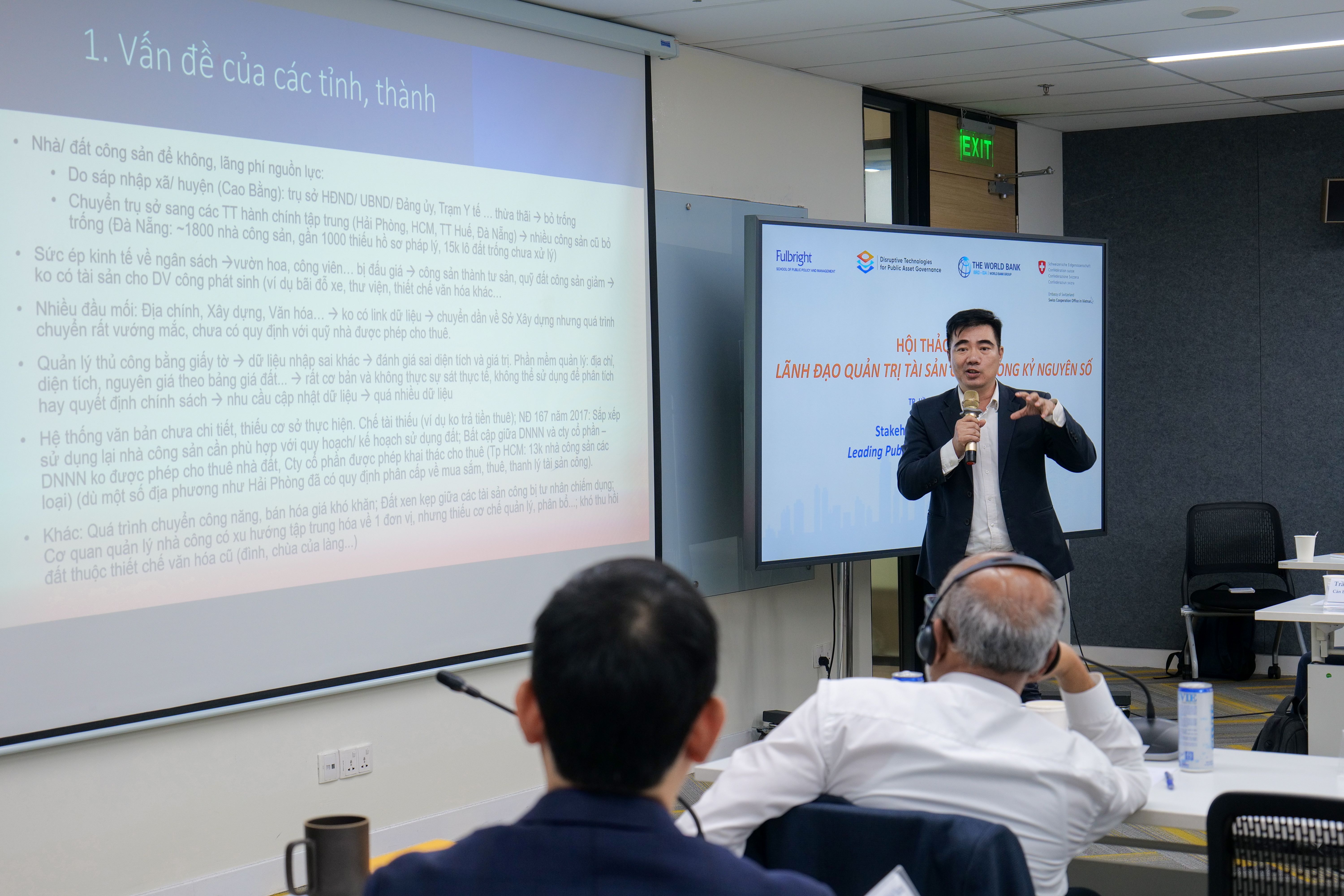 |
Three in-depth consultation sessions and presentation of discussion results on the topics of Urban Infrastructure, Land Management and Public Housing by participating delegates. Photo credited by FSPPM
Attendees participated in in-depth consultation discussions with expert coordinators from FSPPM, World Bank and SECO on three topics including Urban Infrastructure, Land Management, and Public Housing. Representatives of each group gave a lively summary of their group's contributions on these three topics. This will be very important material for the project expert group including the World Bank, Fulbright School of Public Policy and Management and Experts from Carnegie Mellon University to have enough input to begin further work which includes designing and asking for opinions, listening to problems from other localities and continuing to use that input to design training programs that suit the real needs of localities.
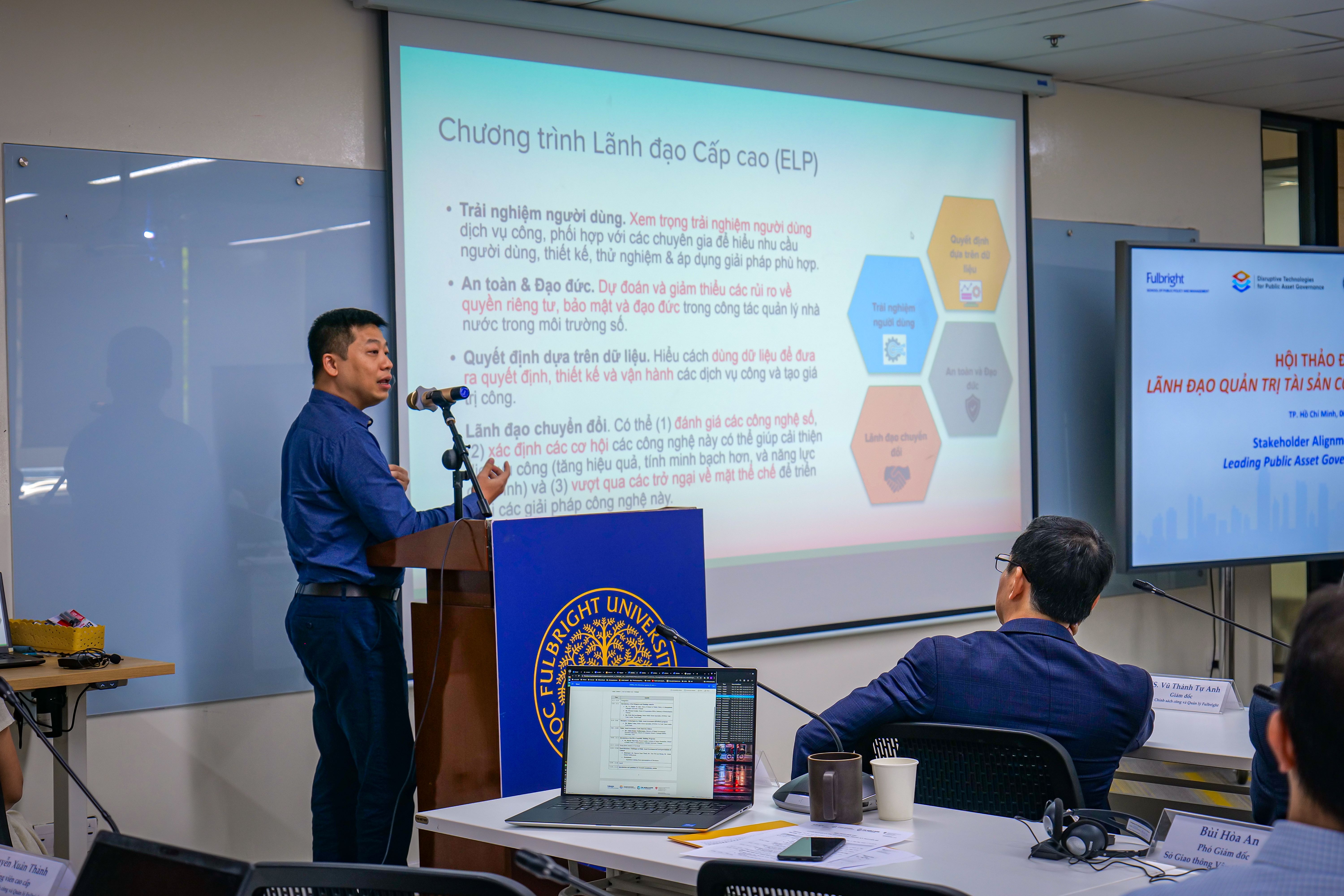
Dr. Huynh Nhat Nam, Project Manager, Lecturer, Senior Researcher, Fulbright School of Public Policy and Management introduced the training program of the Digital Academy of Government. Photo credited by FSPPM
The next steps that will be implemented in the next phase of the Digital Government Academy Initiative include:
- Step 1: Acquire and refine all opinions contributed by the delegates in the seminar to design a training program framework that can equip skills and knowledge and help localities gradually solve their problems, using digital conversion tools.
- Step 2: Experts will go on field trips (expected in December 2023) in localities that will join training courses of the Digital Government Academy in the first year of implementation, to listen, share and discuss the specific conditions of each locality.
- Step 3: Based on the designed program framework, combining problems from the locality, the project team will organize training courses for 2 groups: Senior leadership group and Management leadership group (specialist level) of localities.
Besides the three localities included in the first year's beneficiary list (Ho Chi Minh City, Thua Thien Hue and Da Nang), localities expected to also participate in training courses include Cao Bang, Hai Phong, Nghe An, Can Tho, Dong Thap and Bac Lieu.
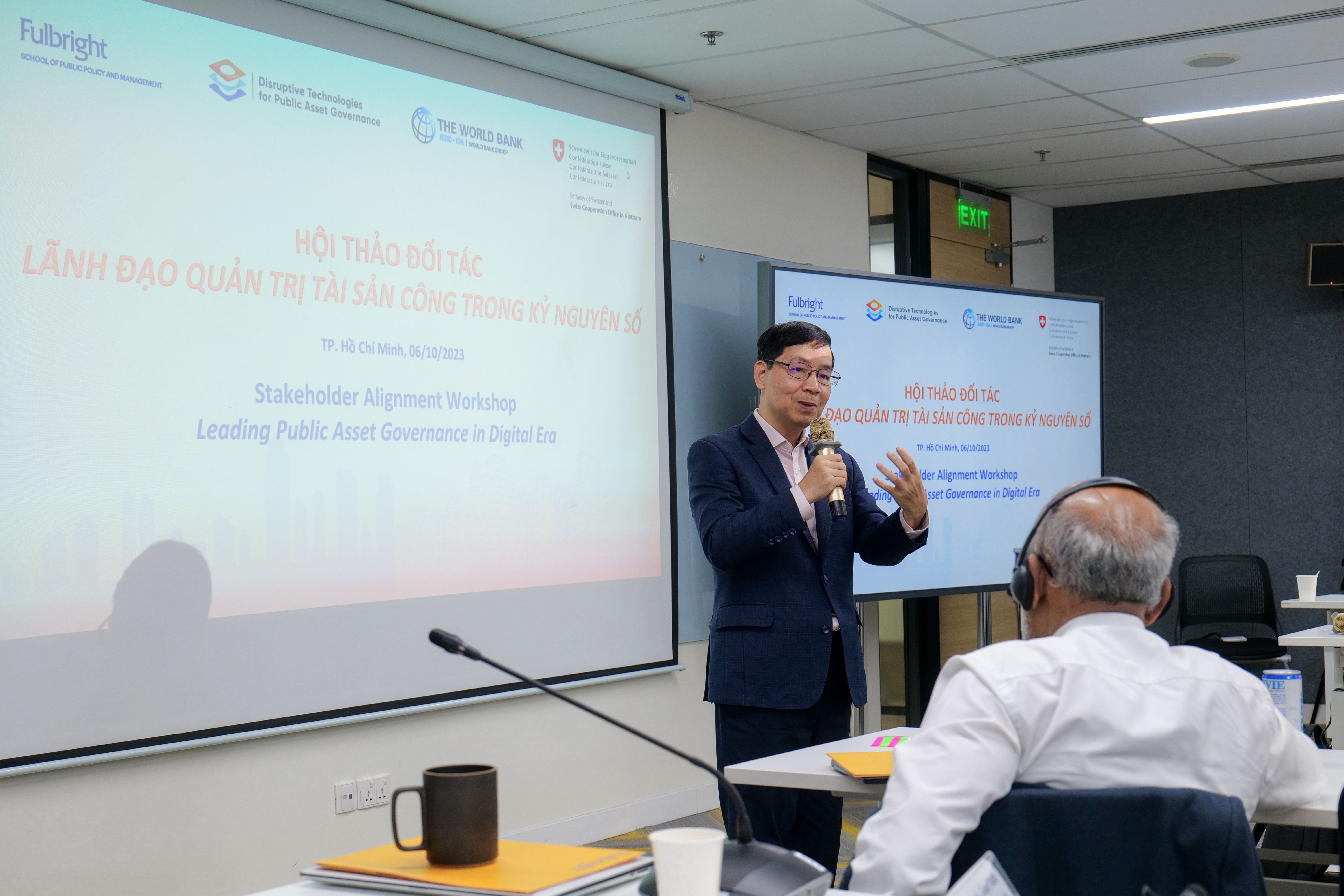
Dr. Vu Thanh Tu Anh, Director of the School of Public Policy and Management, Fulbright University Vietnam delivered the closing speech. Photo credited by FSPPM
As a co-creation program, the Digital Government Academy's training programs are formed from contributions on local needs and practical problems, advised by a team of world-leading experts on digital government transformation from Carnegie Mellon University, Fulbright University Vietnam, with the sponsorship and companionship of the World Bank and the Swiss State Secretariat for Economic Affairs. “With diverse knowledge and problems, the implementation of this training program will be the basis to help many other localities facing similar problems, not only helping to solve specific immediate problems but also helping with future problems, in how to truly bring new dynamism to local development through digital transformation. I hope we will together create a training program that contributes the most to the economic and social development of Vietnam”, Dr. Vu Thanh Tu Anh, Director of the School of Public Policy and Management, Fulbright University Vietnam shared.
- Uyen Vu
Related Articles
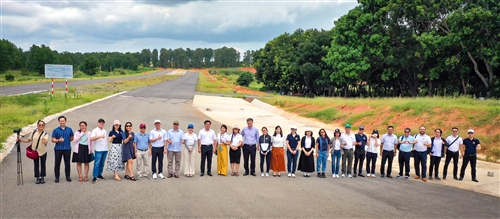
FSPPM students’ field trip to Binh Thuan and Khanh Hoa provinces - When learners find what they need, those who share feel understood
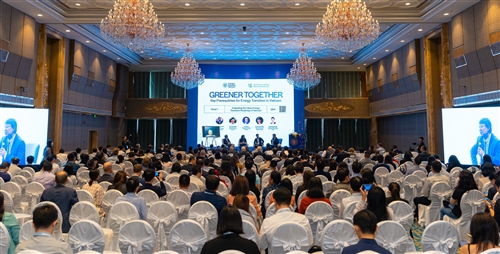
The “Greener Together - Key Prerequisites for Energy Transition in Vietnam Conference”
